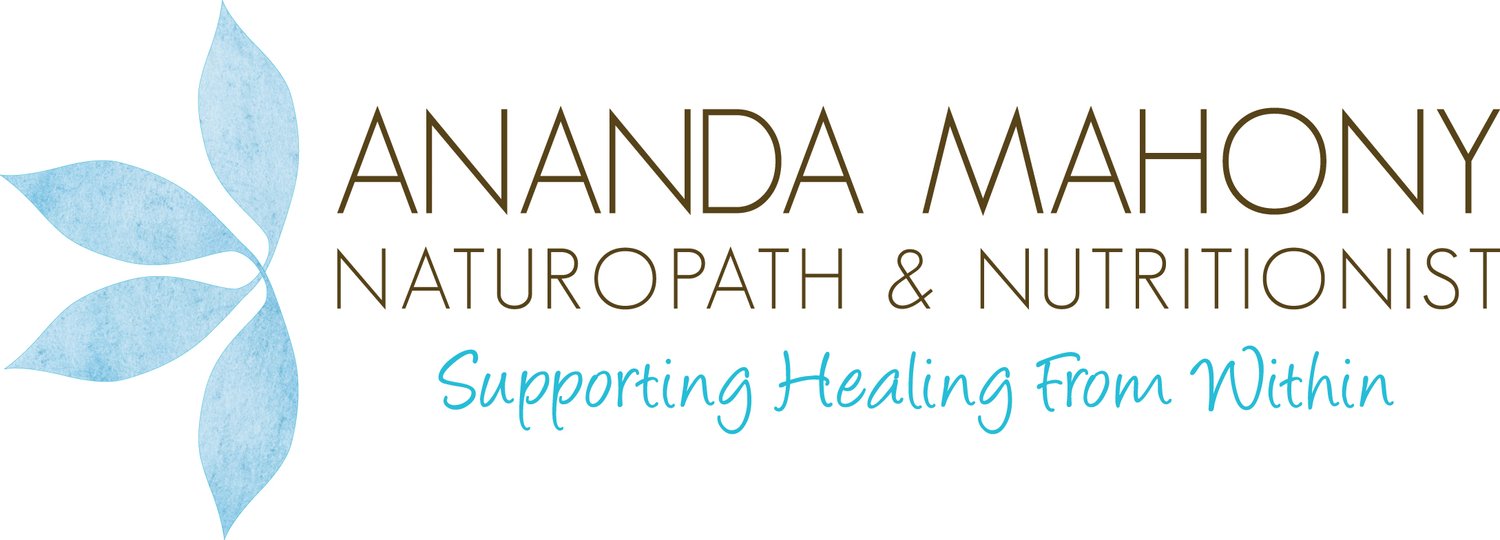The scaly issue of psoriasis
Psoriasis is a chronic (long-lasting) skin disease of scaling and inflammation that affects about 1 to 5% of the population worldwide. Itching and abnormal flushing are also common features. Primarily affecting adults, psoriasis is caused by an accelerated skin cell turn over and has a strong genetic component.. Those who suffer from this disease often experience physical, social and emotional trauma. The exact cause is unknown; however, researchers believe that heredity, environment, and the immune system may also play a role in psoriasis.
Factors that may affect the degree of severity include allergies, infections, dietary deficiencies or excesses, or nervous tension and stress. Psoriasis is a disorder that may take some time before the right treatment or combination of treatments will work for an individual.
Until recently, the mainstays of topical therapy have been corticosteroids, tars, anthralins and keratolytics none of which are 100% effective at managing this condition.
Holistic treatment of Psoriasis
Holistic treatment of the condition must take into account all the factors that contribute to the disease as well as the individual factors that exacerbate the condition such as stress levels and nutritional deficiencies however the first factor that should be addressed is a reduction of excess inflammation.
Generally a diet low in inflammatory foods will have positive effects. The basic guidelines are to eat plenty of anti-inflammatory foods including fruit, vegetables, cold pressed vegetable oils, deep sea fish and enough water. Avoidance of highly inflammatory foods is essential for good results. These include refined foods and those high in sugar, white foods including bread, cakes and biscuits, deep fried foods and trans fats, high quantities of fatty animal products, alcohol and preservatives and additives in foods. Dairy is often an exacerbating factor and avoidance can prove beneficial but it is worth checking with your health care professional before you eliminate any food group.
Food allergies may worsen the severity of psoriasis so avoiding known allergenic foods is important. If unsure about allergies, a natural health care professional may be able to help you establish what you are reacting to.
Psoriasis may also be associated with obesity and in some cases losing weight has coincided with a reduction in the severity of the skin condition. Obesity is a chronic low grade inflammatory condition and this is the probable underlying association between the two conditions.
Essential fatty acids are important in the treatment and management of psoriasis. They work to reduce skin inflammation as well as improving skin moisture and appearance. Good sources of essential fatty acids include deep sea fish such as tuna, salmon and mackle as well as nuts and seeds. Flax oil and fish oil capsules are suitable alternatives if dietary intake is insufficient. Zinc is also important for skin repair and inflammation control. Good dietary sources of zinc include lean beef, whole grains, sunflower and pumpkin seeds.
Sunlight may help reduce the symptoms of psoriasis as it increases the body’s production of vitamin D however caution is advised with excess sun exposure due to the risk of sun damage. While regular sun exposure to the affected areas of the body is advised, 20 minutes in the gentler morning or afternoon is enough and midday exposure should be avoided.
Stress can have profound effects on the immune system. Chronic ongoing stress or acute distresses are reported as trigger factors by around two thirds of people with psoriasis. Addressing the cause of stress is important. B group vitamins and magnesium may also assist with the management of everyday stress.
Topically, keeping the affected areas moisturised is important. Shea butter, cocoa butter or olive oil can help keep the skin hydrated. Calendula or chamomile are effective topical anti-inflammatory and skin healing agents and so may help manage skin inflammation.
Psoriasis is a condition that can be managed with time and care. While there are no quick cures with this condition, avoidance of triggers, gentle skin care and a whole food diet will help reduce acute attacks as well as the progression of psoriasis.


